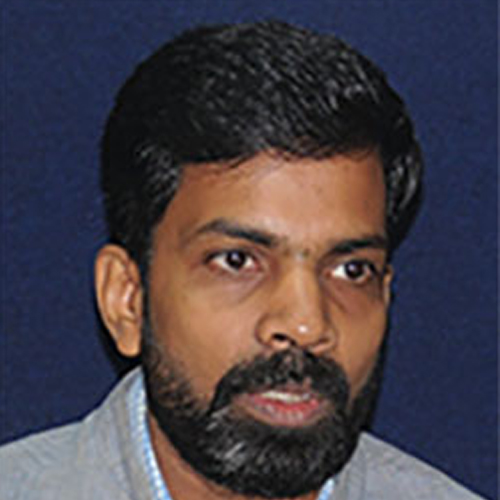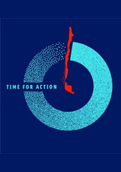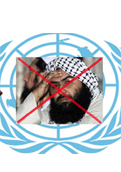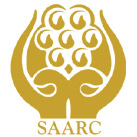Is Revitalising SAARC Possible and Rational?
Associate Fellow, Manohar Parrikar Institute for Defence Studies and Analyses, Dr. Rajeesh Kumar’s article on SAARC, titled ‘Is Revitalising SAARC Possible and Rational?’ has been published in the Spring-Summer 2020 edition of Journal of Social, Political, and Economic Studies (JSPES).
The article explores, as a regional organisation, how SAARC has failed to promote cooperation in the region. Against the backdrop of the structural fragility of SAARC and conflict among member states, this article examines the possibility and pragmatism of revitalising SAARC and argues that even if reinvigorated through structural reforms, the organisation will not be able to contribute to regional cooperation and development.













